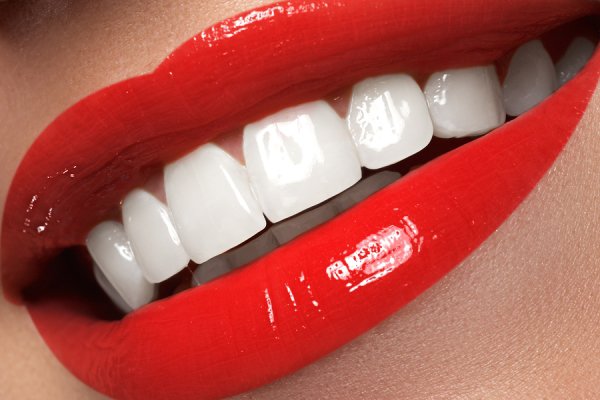
Though dental care seems to have advanced in leaps and bounds in recent decades, there was another time in recent history that saw a great advancement in general dentistry. Following the Second World War, the level of technology and sterilization practices changed and improved substantially for the good of dental patients and dentists everywhere.
During the 1960s, sterilization techniques became more sophisticated and safer. Dentists began using sterilized disposable needles and sterilizing their instruments in an autoclave and with cold sterilization. This reduced the number of infections and illnesses caused by unsterile dental practices. High-speed drills and reclining dental chairs were also gaining in popularity and use in dental offices everywhere. The 1960s were also the time when dental restorations, such as dentures, were beginning to be custom-made in specialized laboratories. Many techniques and commonplace objects found in a dentist’s office today were invented and popularized during the 1960s.
Just as general dentistry has advanced, so too has University Associates in Dentistry . We constantly strive to provide our patients with the most up-to-date dental technology, including dental implants and dentures in Chicago. Please call us at (312) 704-5511 to learn more about our growing technology.



